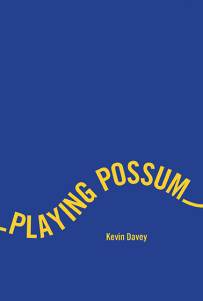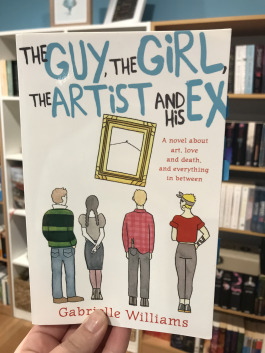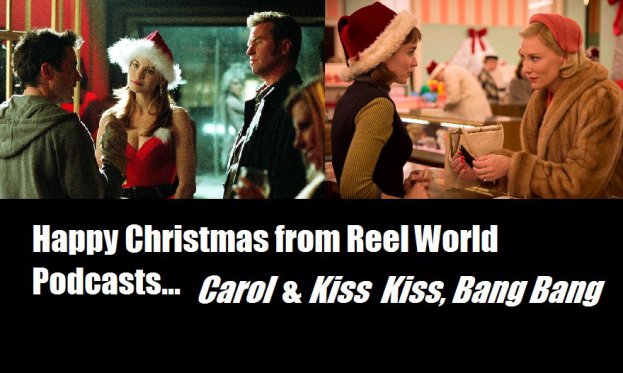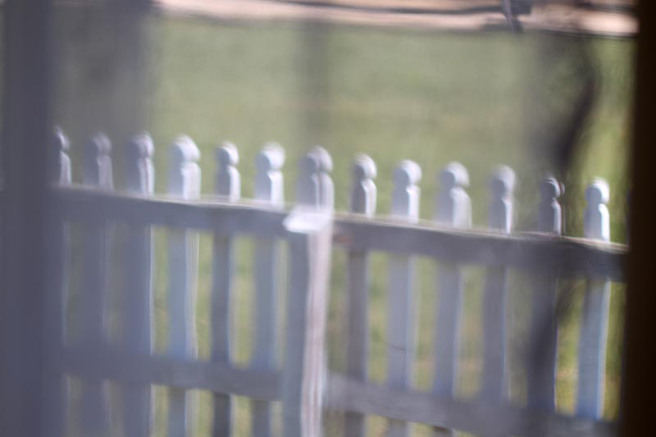
“It’s pastiche. Don’t underrate it.”
Playing Possum, by Kevin Davey, is a clever and playful murder mystery written largely using quotes from and references to other artistic works. The dialogue is script-like, interspersed with narrative ensuring the action required is understood by the players. Many of the characters appear to be based on real life subjects. An audience watching the film being made is mentioned along with scenes that will subsequently be deleted. This unusual structure required a degree of reader awareness. I have no doubt that I did not appreciate much of the amusing cleverness.
The protagonist is Thomas who is married to Fanny and living in London in 1922. They argue noisily and regularly, much to the chagrin of their neighbours. One evening an altercation goes too far and Thomas pushes his wife causing her to hit her head and become disorientated. What he does next is portrayed in the manner of a silent movie with the speeded up action and comic touches of panic and escape.
Ninety years later a man is engaged to re-investigate the murder. Interested parties in Whitstable, where Thomas flees, hope to use whatever is uncovered as a draw for tourists. The man retraces Thomas’s footsteps, researching locations alongside evidence and reports from the original investigation. The story is told as if the two men are travelling together, the differing timelines irrelevant.
“In the auditorium, here on the page, wherever and whenever we read, we experience the simultaneity of the non-simultaneous.”
Kent in 1922 was struggling with the aftermath of the recent war. Soldiers had returned from the conflict to find they lacked homes and work. The country, struggling financially, was trying to cut wages, an action being contested by the growing Labour movement. Thomas ends up in Whitstable rather than Cliftonville, where he was heading, due to workers protests. As ever, the wealthy have little sympathy for those in need.
Back in London the body of a young woman is discovered. Thomas and Fanny’s neighbours become concerned when they are able to enjoy a peaceful night in.
A film crew are at work in Whitstable at the time Thomas is staying but show little interest in the various troubles brewing. There are many instances where the action turns meta.
“Why isn’t anyone making a film about this – the postwar crusade of our picturesque proletariat?
Tom is thinking what would be the point? Hope doesn’t come from people who march in step.”
The tale is divided into sections with titles that would be typical of those that appear on silent movie cards used to switch scenes:
INTERLUDE: IN A BAR
MAKE THE BANKERS PAY!
THE KILLER RETIRES TO HIS ROOM
There is a bedroom scene with a hotel maid, where body doubles are employed for “The usual hayroll”. Much of the action takes place in two hotels facing each other, pictures of which are included on the inside covers of the book. Like much of what goes on they existed, a real life basis for this fictional retelling.
Thus we have a murder, the hiding of the body, an escape by train, an unscheduled stopover in a hotel, a night of passion, an arrest. All of this is presented using literary and cinematic references in the style of a silent film. It is clever and fun but a tad confusing due to the merging of timelines. Much enjoyment may be lost if the references are not recognised, the cleverness understood.
I am wary of a work of fiction that relies on the reader having prior knowledge. The story may work without but its essence would be missed. For those familiar with the arts over the last century, creatives lives as well as their work, this will doubtless be a romp to be relished. Those without such knowledge are unlikely to be as impressed.
Playing Possum is published by Aaaargh! Press.
Advertisements Share this:




